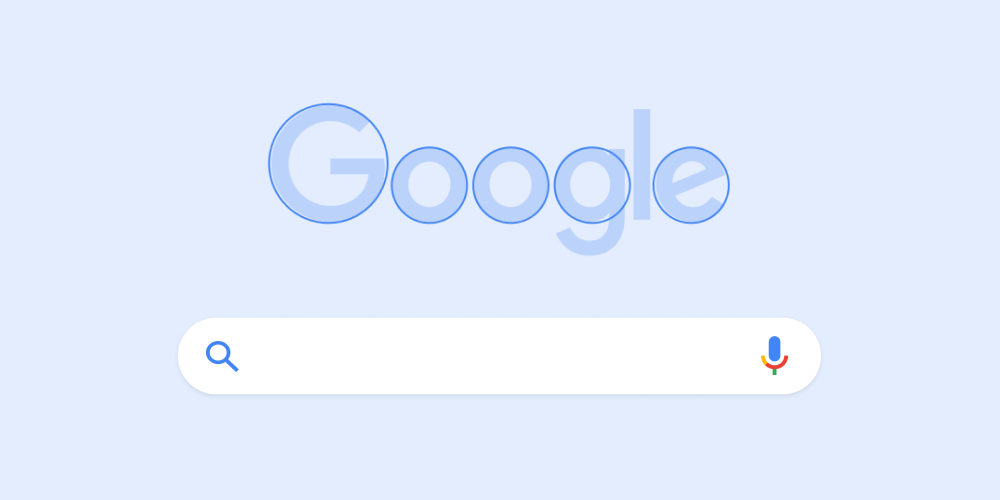Google to stop using Apple tool to track iPhone users, avoiding new pop-up warning
But it warned in its blog post that publishers and advertisers that rely on its mobile ad software will experience weaker results without IDFA access. Though Google is developing alternatives for clients, they may not be immediately ready, it said.

Google's iPhone apps such as Maps and YouTube will stop using a tool from Apple Inc that allows them to personalize ads, avoiding a new Apple warning that informs users their browsing is being tracked.
The announcement in a Wednesday blog post by the Alphabet Inc unit comes shortly before Apple is expected to start enforcing new tracking transparency rules. Apple for years has supplied apps with a unique identifier, known as IDFA, to help them link the same user across multiple programs. The code can be essential in determining to whom to show an ad and tracking whether it prompted them to make a purchase.
But Apple has said "early" this year it will require that apps show users a one-time pop-up message to gain their consent to access their IDFA. Facebook Inc and other app makers are concerned the warning may discourage users from opting in and cripple ad sales.
As users of Google's apps are typically logged in, it has a tracking alternative to IDFA and as such its core ad business would likely not be affected by Apple's changes. But it warned in its blog post that publishers and advertisers that rely on its mobile ad software will experience weaker results without IDFA access.
Though Google is developing alternatives for clients, they may not be immediately ready, it said. Google added that clients can use its software regardless of whether they show the pop-up and obtain the necessary consent, and it is not making any recommendations on what they should do.
Apple could not be immediately reached for comment. Facebook said last month that it plans to display the pop-up to seek users' consent.
"Apple has made it clear that if we don't use Apple's prompt that they will block Facebook from the App Store, which would only further harm the people and businesses that rely on our services every month," it said.
(This story has not been edited by Devdiscourse staff and is auto-generated from a syndicated feed.)
- READ MORE ON:
- YouTube
- Apple
- Alphabet Inc
ALSO READ
Apple services restored after brief outages globally
Russian antitrust agency complains to Apple over users' limited payment services
Apple set to unveil exciting new products: MacBook, iPad, iPhone colours await
Apple asks US appeals court to reverse Apple Watch import ban
SC restores bail to YouTuber accused of making derogatory remarks against Stalin; raises concerns about potential increase in pre-election arrests










